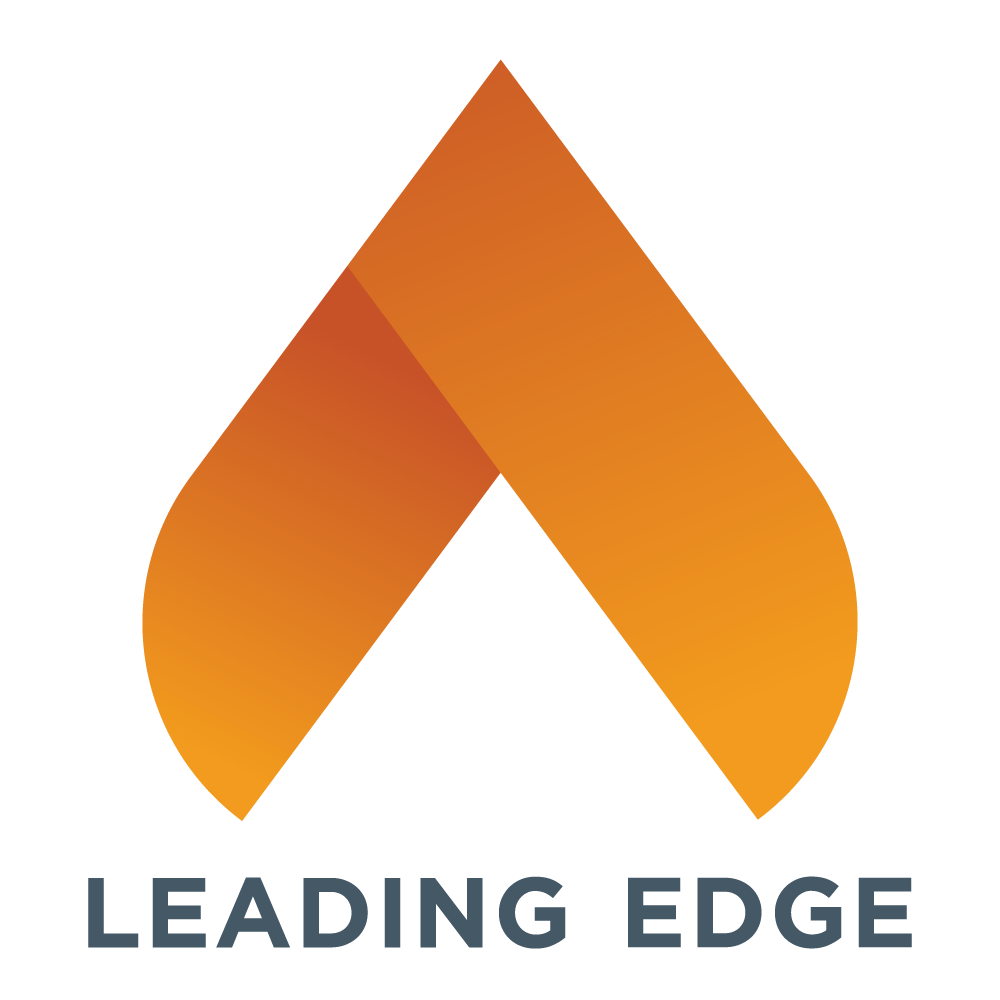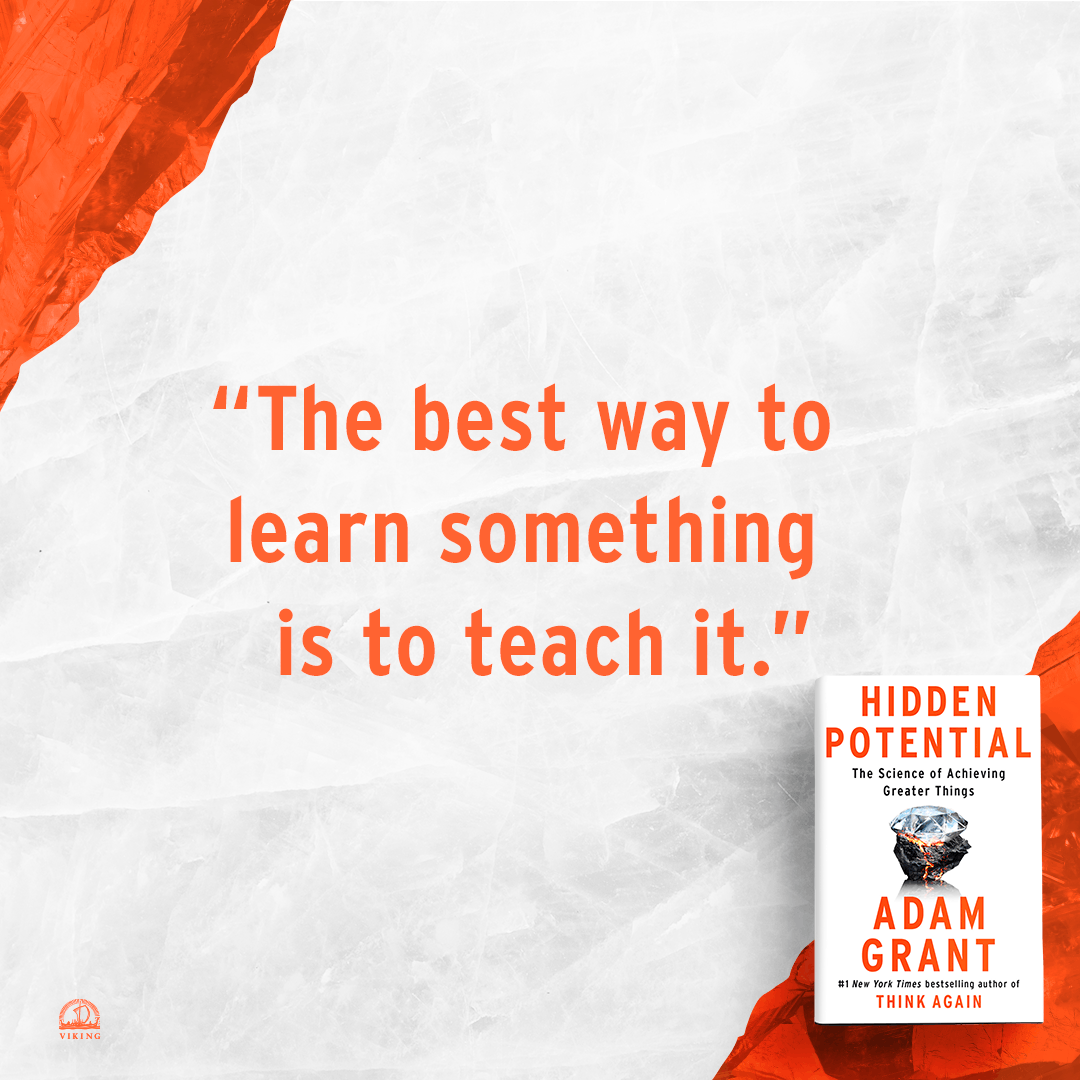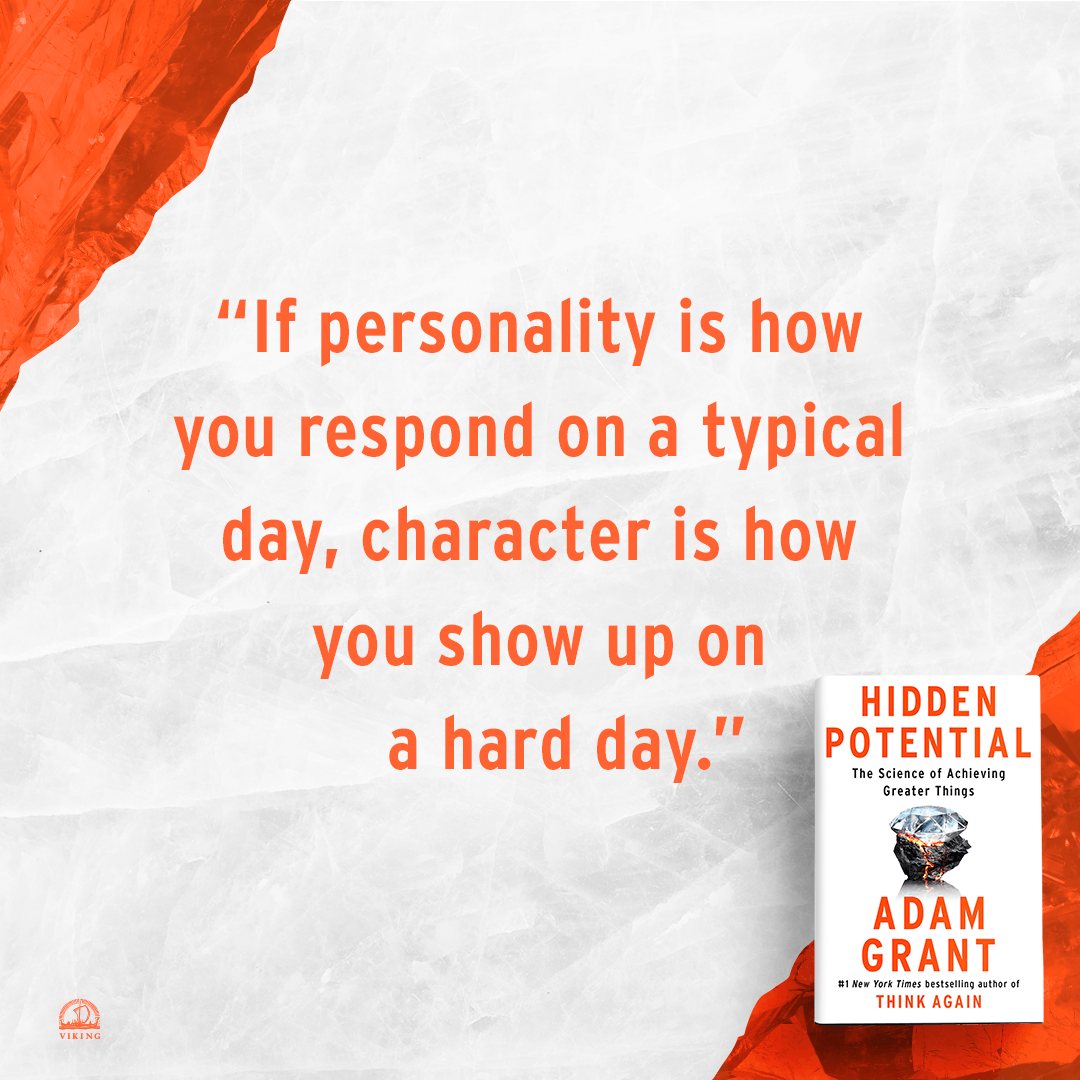
Unlocking “Hidden Potential”: 5 Ways to Redefine Success and Aspiration
In a talent-obsessed world, a recent book by Adam Grant offers a fresh perspective on personal growth, learning, and character, with important lessons for leaders and managers.
What if we’re thinking all wrong about bringing out the best in ourselves, our colleagues, and the people we manage and mentor? Adam Grant's Hidden Potential invites readers to explore the best and latest science of undiscovered talents and personal advancement. Grant, a renowned organizational psychologist, covers themes including why our brains are naturally bad at predicting people’s performance while recruiting (and how to do it better); what works and doesn’t work for professional and personal growth; how to mentor and be mentored effectively, and how to lead so that your team performs better than the sum of its members.
Below are five insights we found particularly surprising and valuable. (This isn’t a full summary of the book; just five gems our reviewer particularly liked.)
- Teaching helps you learn. –According to Grant, research shows that teaching others can enhance your own learning of the material you’re teaching. He cites studies in which individuals assigned to coach others on a skill or goal were more likely to achieve it themselves. This principle extends beyond the classroom, shedding light on why firstborn children with younger siblings tend to be measured as having higher than average scores on intelligence tests. This doesn’t result from the amount of early parental attention they get, since “only children” don’t show this pattern; it's the act of teaching younger siblings that boosts their learning.
- Seek advice, not feedback. Grant advises against seeking feedback about past performance, which often leads to unhelpful criticism. Instead, he suggests asking for advice, a forward-focused approach that typically yields more constructive ideas. By reframing the conversation, you can gather insights that guide you toward success.
- Learn from the journey. When seeking guidance from high-level experts, don't ask them what to do to perform at their level. You may not be ready to take that advice yet, and they may have a hard time thinking back to the mindset of someone multiple steps earlier in the learning process. Instead, ask them to recount their journey, emphasizing the intermediate steps that bridged their journey from beginner to expert. This approach offers valuable insights into the gradual progression towards mastery.
- Deliberate play over deliberate practice: Fun is a serious and important business. Grant challenges the notion of “deliberate practice” and encourages readers to embrace “deliberate play.” Engaging in difficult, skills-intensive activities in a way that leans into curiosity, exploration, and enjoyment can lead to faster and deeper skills development while making the learning process more enjoyable — and, therefore, more sustainable. Grant also notes that since engagement is so vital to building skills effectively, taking breaks can be a key step in maintaining enjoyment and momentum.
- The power of collaboration. Grant highlights that the smartest groups (those that deliver the best performance and create the most innovative ideas) aren't necessarily those with the highest average individual IQs. Instead, it's the groups with the strongest collaboration skills that shine. Interestingly, the collaboration skill level of the least-collaboratively-skilled member plays a pivotal role in determining a group's success. Fostering effective teamwork can lead to remarkable collective intelligence.
Hidden Potential includes much more that this review has not touched upon, and is well worth reading for leaders, managers, and anyone who wants to get better at getting better. By challenging traditional assumptions and offering actionable insights, Grant provides a valuable roadmap for unlocking your hidden potential, and that of others.
About the Author

Leading Edge mobilizes Jewish organizations to become places where great people deliver great impact.
Loading footer...




